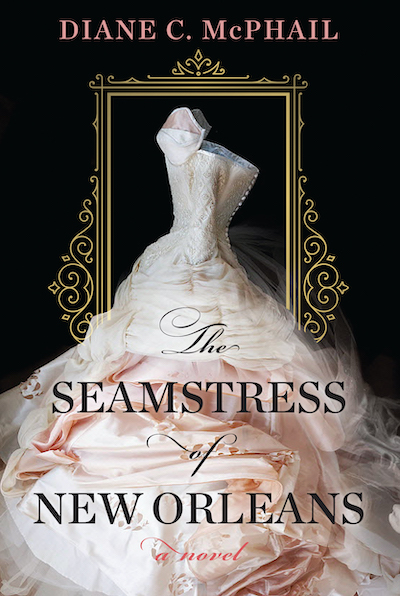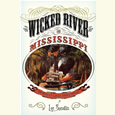Fire Children
With Nothing to See Here, Kevin Wilson continues to perfect his gift for surreal tragicomedy
“I thought about those two kids, on fire, beckoning me with open arms. I watched them burn. They were smiling. I wasn’t even asleep. I wasn’t dreaming. This was my waking life now. They stood in front of me. And I pulled them into my arms. And I burst into flames.” In Nothing to See Here, Kevin Wilson once again dazzles with a bizarre, comic, and heartbreaking tale of two children who spontaneously burst into flames and the wayward woman who comes to love them.

Wilson begins his story with a familiar but consistently compelling scenario: Lillian, a poor kid from a dysfunctional lower-class home, seeks deliverance through a scholarship to a toney girls’ boarding school in Tennessee. There, she is befriended by the wealthy, beautiful, and ambitious Madison, who seduces Lillian without even trying. “I want to be powerful,” Madison says. “I want to be the person who makes big things happen, where people owe me so many favors that they can never pay me back.”
“She looked psychotic as she said this,” Lillian says. “I wanted to make out with her.”
Much of the subtext of Nothing to See Here depends upon the allure of the haves to the have-nots, as well as the manner in which the wealthy exploit their social and economic inferiors and cast them aside before — in F. Scott Fitzgerald’s famous phrase — “retreating back into their money or their vast carelessness or whatever it was that kept them together.” Lillian’s career at boarding school ends ignominiously when she takes the fall for Madison’s misdeed. She descends into a failed life as Madison, insulated by her privilege, continues her upward trajectory, eventually becoming the third wife of an even wealthier and more careless Tennessee senator.
 Here, the story enters Kevin Wilson’s unique territory, a world familiar to readers of his previous work, especially his bestselling debut novel The Family Fang: a dryly comic, surreal phantasmagoria reminiscent of Kafka, Garcia-Marquez, and their heirs, from David Foster Wallace to Karen Russell.
Here, the story enters Kevin Wilson’s unique territory, a world familiar to readers of his previous work, especially his bestselling debut novel The Family Fang: a dryly comic, surreal phantasmagoria reminiscent of Kafka, Garcia-Marquez, and their heirs, from David Foster Wallace to Karen Russell.
Years later, Lillian — perpetually stoned, working low-wage jobs, and living in her dissolute mother’s attic —receives a summons from her old friend. Madison’s husband is being considered for a cabinet post, and the family needs a nanny for the senator’s children from a previous marriage, 10-year-old twins with an unusual condition:
“I guess the kids get really hot when they’re agitated and they can just catch fire,” Madison says.
“Children made of fire,” Lillian thinks to herself. “That seemed like something I wanted to see.”
Kevin Wilson’s gifts as a stylist, his wicked wit, and his penchant for surreal, absurdist conceits belie the fact that he is, at heart, an earnest observer of domesticity and a zealous believer in the power of love to redeem all sins and shortcomings — particularly love for needy, damaged children. Nothing to See Here is so clever and inventive, and the comic pleasures of its acerbic narrator so engrossing, that one could almost overlook how Lillian’s growing maternal love for her erstwhile friend’s peculiar stepchildren transforms her, as well, with the same perilous and astounding force of a spontaneous explosion of fire.

Ed Tarkington’s debut novel, Only Love Can Break Your Heart, was published by Algonquin Books in 2016. His second novel, The Fortunate Ones, is forthcoming from Algonquin in 2020. He lives in Nashville.


